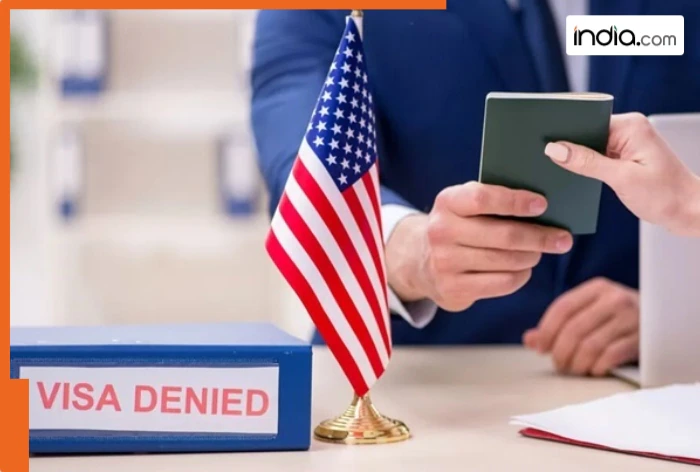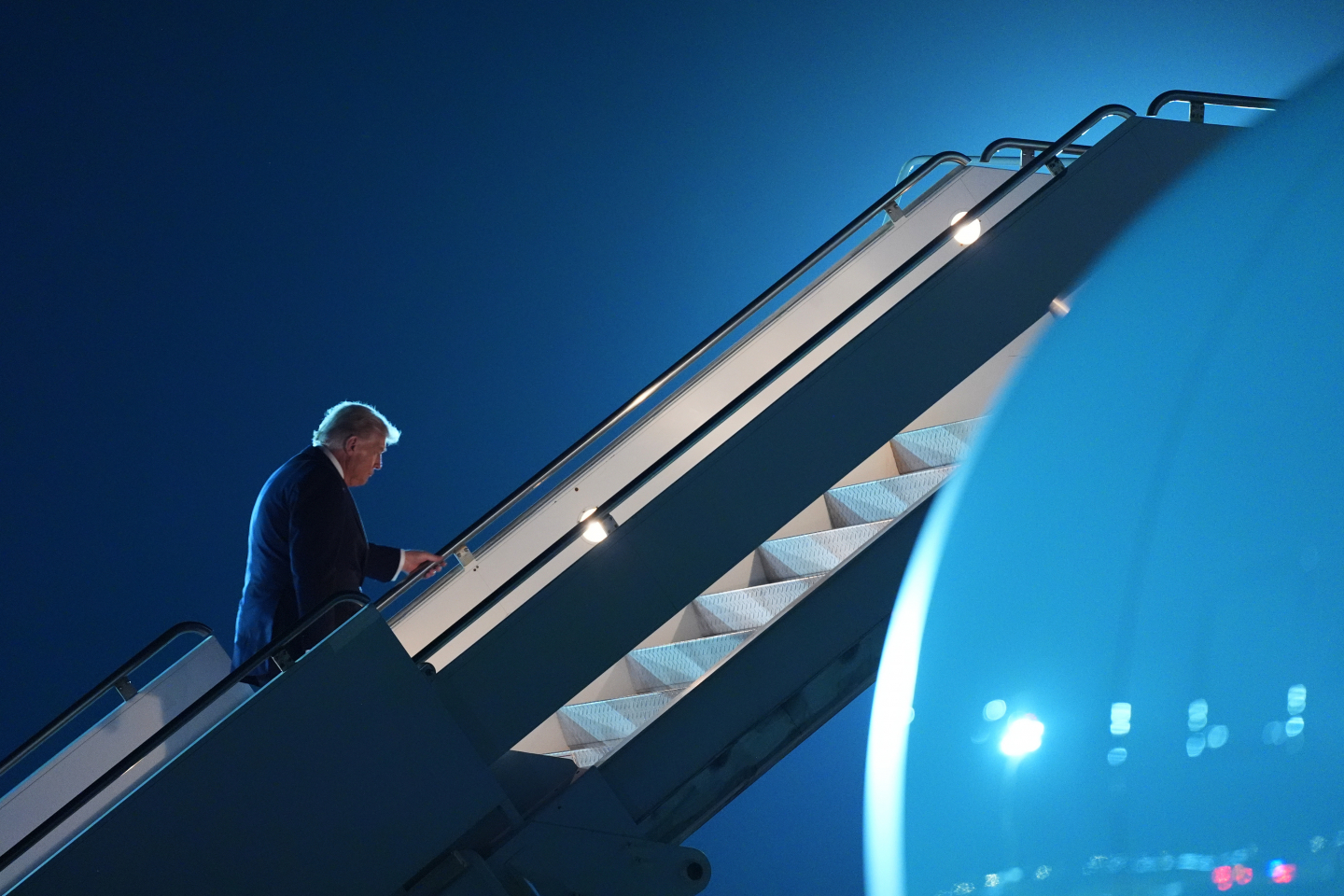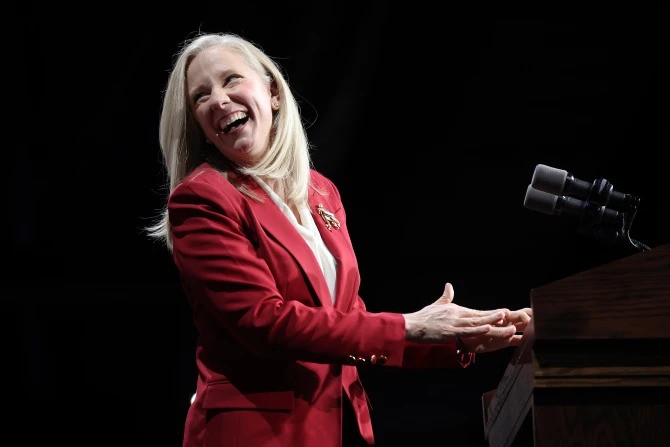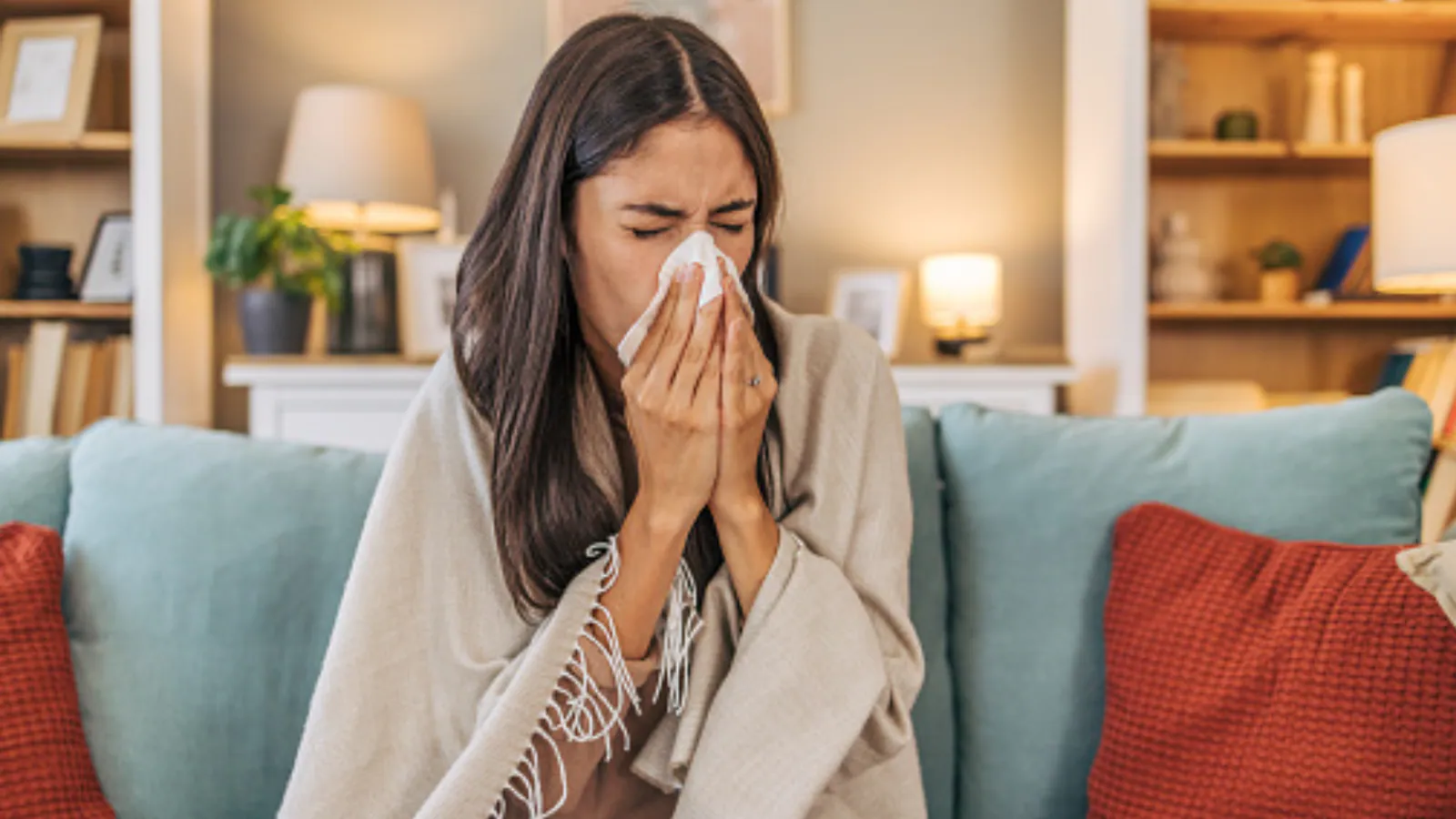Copyright india

New Delhi: People suffering from diseases like diabetes obesity and cancer may now find it difficult to enter the US. The US State Department on Friday November 7 directed US embassies and consulates worldwide to deny entry to or stay in the US to those with serious health problems. This rule is based on the public charge policy which aims to prevent applicants who may become dependent on US government resources. Visa officers are advised to examine applicants health age and financial status. If a person is likely to become dependent on expensive medical care or government assistance in the future their visa will be rejected. Visa officers will determine applicants condition The instructions to officers state that it is important to consider the applicants health. Medical conditions such as heart disease respiratory problems cancer diabetes metabolic diseases neurological diseases and mental health issues can require millions of dollars in care. In addition officers will also consider conditions such as obesity which can lead to problems such as asthma sleep apnea and high blood pressure. Under the new instructions officers will have to determine whether the applicant could become a public charge meaning a burden on government resources and whether they would require expensive long-term care. According to the report Visa officers have also been asked to assess whether the applicant can afford their own medical expenses throughout their life without government assistance. Additionally the health of family members such as children or elderly parents must also be taken into account. Visa officers are not trained to check health conditions Charles Wheeler a senior attorney at the Legal Immigration Network called this a concern. He said visa officers arent trained to check health conditions. Wheeler said Officers lack experience in assessing how dangerous a disease is or how much it will impact government resources. Sophia Genovese an immigration lawyer at Georgetown University said that while medical records are required in the green card process this directive emphasises applicants medical history based on their medical costs and their desire to find employment in the United States. Genovese said that anyone can have diabetes or heart problems. Previously health status was checked but what if someone suddenly goes into diabetic shock? If this change were implemented immediately it would create many problems during visa interviews. Who will be affected by the new rule? It is not yet clear whether this directive will also apply to temporary visa categories such as tourist or student visas. However technically the rule applies to all visa applicants. This includes those applying for B-1/B-2 (tourism or business) and F-1 (student) visas. Up to 20-30% of Indian applications at risk of being rejected The Trump administrations 2025 Public Charge Rule will have a profound impact on India. Nearly 100000 Indians apply for green cards each year with over 70% of H-1B visa holders from sectors like IT and healthcare. According to experts this rule could increase the rejection rate of Indian applications by 20-30% especially for middle-income professionals who will be unable to find high-paying jobs. An Indian engineer with diabetes and elderly parents could face visa rejection even if they have a strong sponsor. This could increase family separation.



